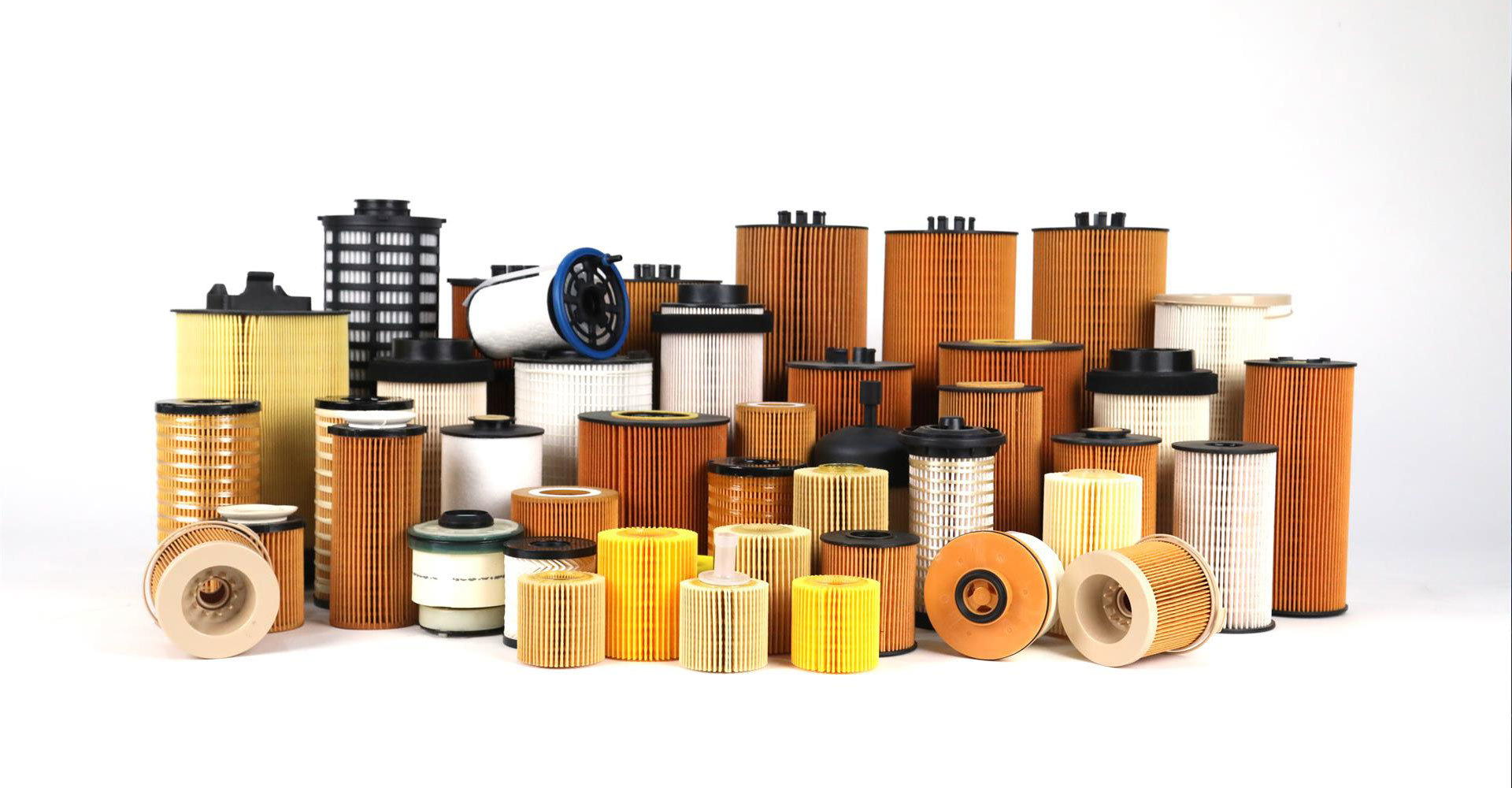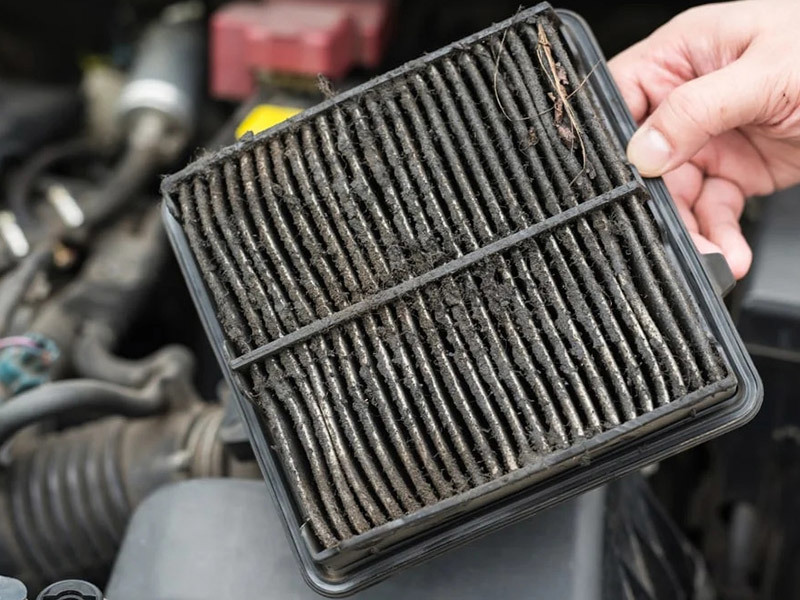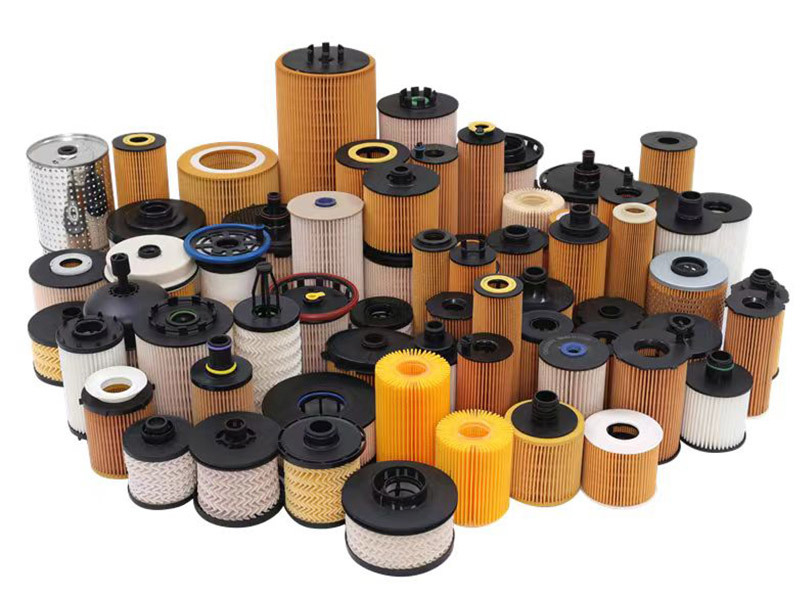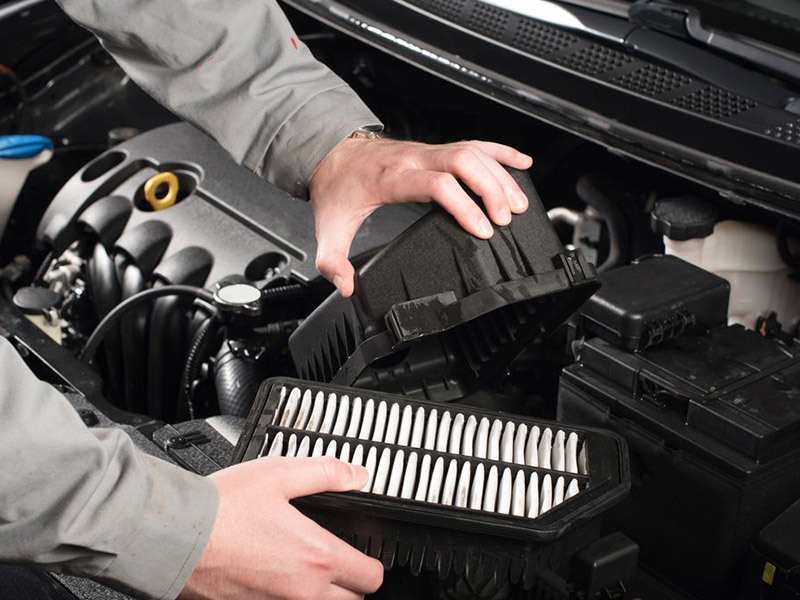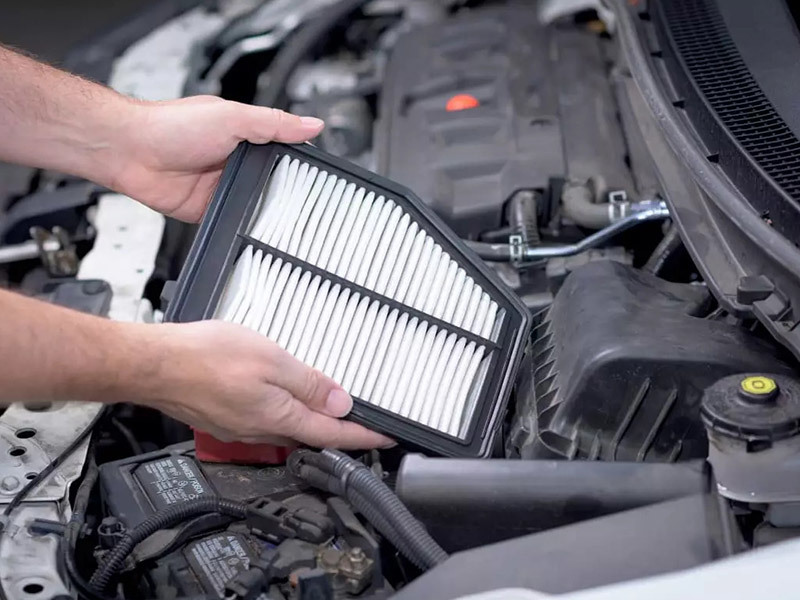Focus On Hot Spots
Contact Info
E-mail: tengsen@injenfilter.com
Business Phone: +86-18131928561
WhatsApp: +86-18131928561
Address: Ge Xianzhuang Zhen Wu Jia Na Cun Xi, Qinghe County, Xingtai City, Hebei Province
The Essential Role of Automotive Filters: Keeping Your Vehicle Running Smoothly
Release Time:
Sep 20,2025
Automotive filters play a crucial role in the overall performance and longevity of vehicles. They are designed to remove contaminants from vital fluids and air, ensuring that your vehicle operates smoothly and efficiently. Understanding the different types of automotive filters and their functions can greatly enhance your experience as a vehicle owner. One of the most common types of automotive fi
One of the most common types of automotive filters is the air filter. This component is responsible for filtering out dust, dirt, and other airborne particles from the air entering the engine. A clean air filter ensures that the engine receives a steady supply of clean air, which is vital for efficient combustion. When the air filter becomes clogged, it can lead to reduced engine performance, increased fuel consumption, and higher emissions. Regularly checking and replacing the air filter can help maintain optimal engine performance.
Another essential automotive filter is the oil filter. The oil filter removes contaminants from the engine oil, which lubricates the moving parts of the engine. Over time, engine oil can accumulate dirt, metal shavings, and other harmful particles that can cause significant wear and tear on the engine components. A clogged oil filter can prevent the oil from flowing properly, leading to increased friction and potential engine damage. Changing the oil filter during routine oil changes is a critical step in preserving your vehicle's health.
Fuel filters are also vital in ensuring that your vehicle runs smoothly. These filters trap impurities from the fuel before it reaches the engine, preventing contaminants from causing damage to fuel injectors and other components. A dirty fuel filter can lead to poor engine performance, stalling, and even engine failure. Regular inspection and replacement of the fuel filter can help ensure a clean and efficient fuel system.
In addition to these primary filters, many vehicles also utilize cabin air filters. These filters play a key role in maintaining air quality within the vehicle's interior, trapping dust, pollen, and other allergens. Keeping the cabin air filter clean not only enhances comfort but also contributes to better health for passengers, especially those with allergies or respiratory issues.
In conclusion, automotive filters are essential components that contribute significantly to the performance, efficiency, and longevity of vehicles. By understanding the importance of air, oil, fuel, and cabin air filters, vehicle owners can take proactive steps to maintain their vehicles in peak condition. Regular maintenance and timely replacement of these filters can lead to improved fuel efficiency, enhanced engine performance, and a cleaner, more comfortable driving experience.
Key words:


